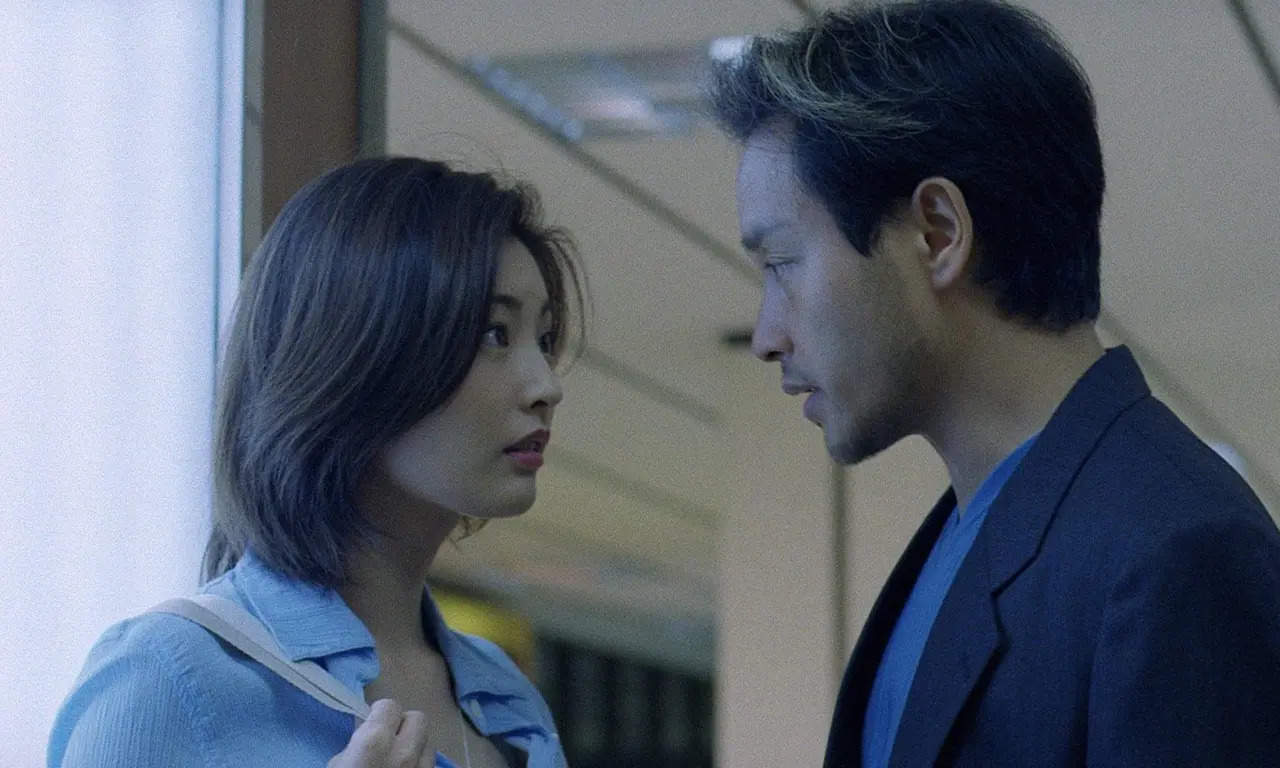11. Zi Mui (2023) by Nattawut Poonpiriya
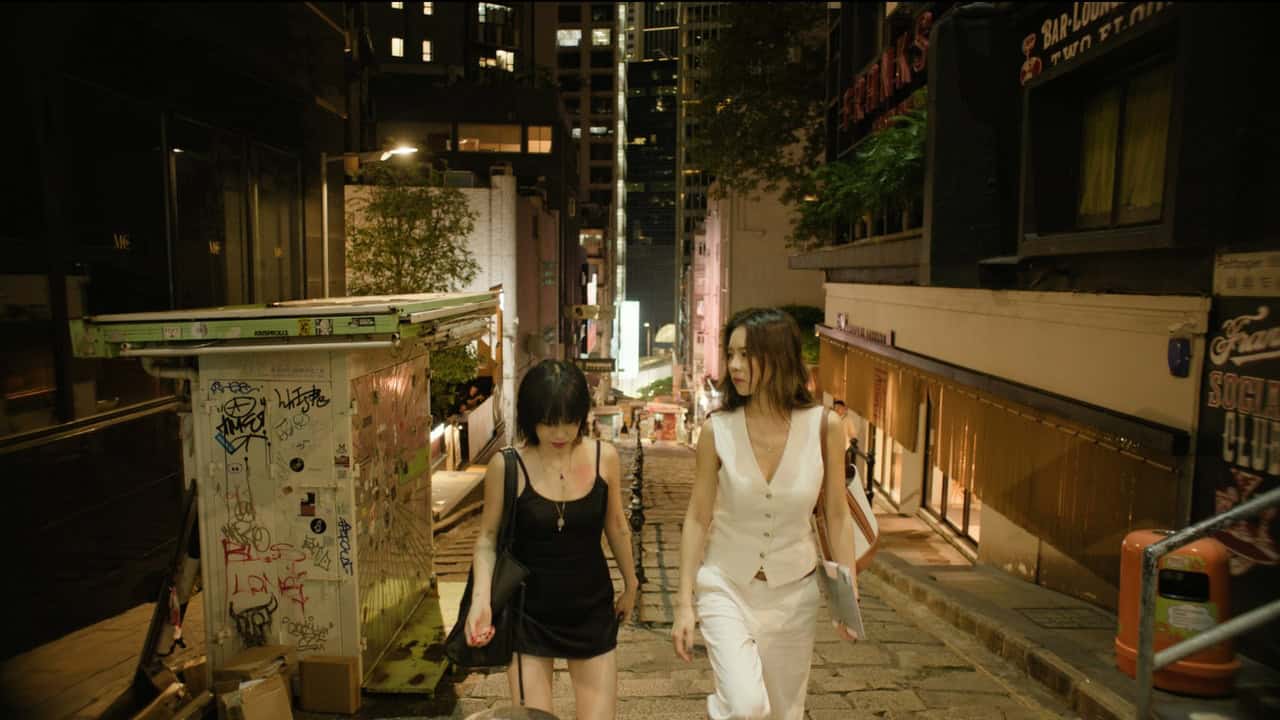
Nattawut “Baz” Poonpiriya, once again presents a heartfelt and accomplished snapshot of a young generation, juggling the life they dream and the ever-challenging family ties, accommodating old and new. The emotional bumpy journey of April and May (and “Joyleen”) is one-night-long, but this is a petite, well-built and heartfelt drama that revolves around redemption and forgiveness. The film builds its tension with the juxtaposition of the two protagonists' contrasting characters as they both find solace and exasperation in confronting each other. April and May are dealing with this pivotal moment of their life in different ways and yet they both try to make sense of their love and their identity amidst the emotional chaos. Like the old Cantonese aphorism that marks the opening of the film says, “My family is my strength and my weakness”. (Adriana Rosati)
12. what YOU eat (2024) by Ryo Sena
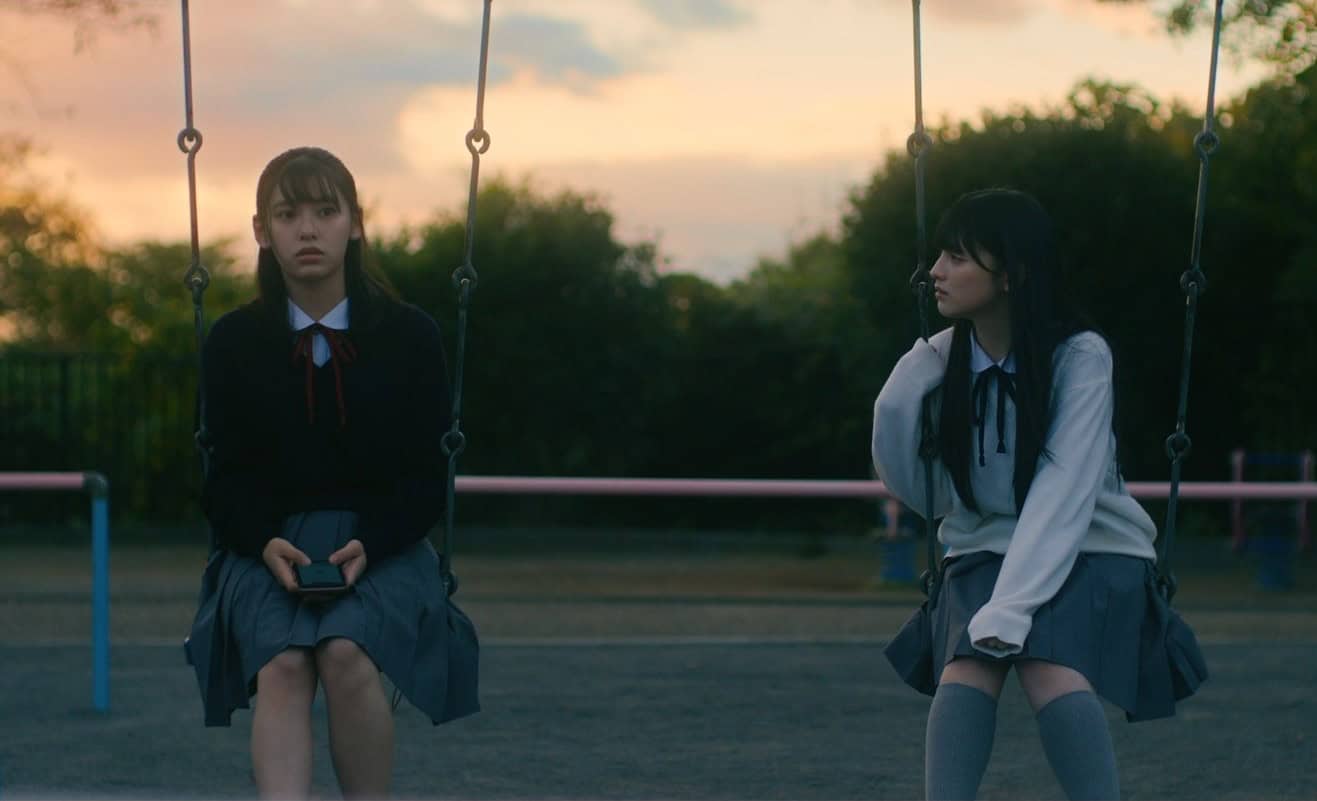
Ryo Sena directs a film about the concept of lookism, which, although society seem to be progressing on a number of levels, remains quite prevalent even today. The constant pursuit of being pretty is what drives the cosmetics and fashion industry actually, not to mention show business, with Sena highlighting the two first particularly in her film.
13. Toss Coin (2023) by Cathy Garcia-Sampana
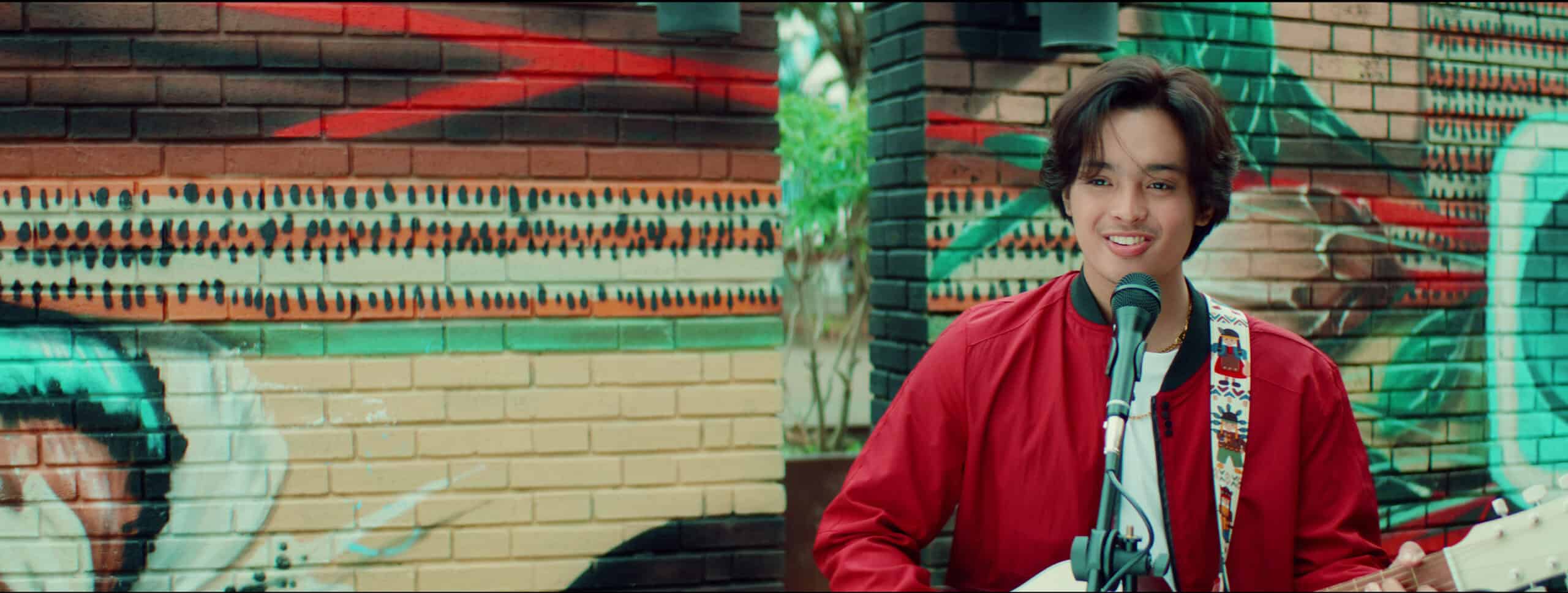
Cathy Garcia-Sampana directs a short film that unfolds in two narrative axes. The first one concerns a romantic story which is presented in cheeky fashion, both for the plot-twist repetition that appears close to the finale and the phone-on-screen trope. This last aspect highlights the mentality of both protagonists, thus creating empathy towards them, even in such a brief time.
14. Road to Harvard (2023) by Dan Chong
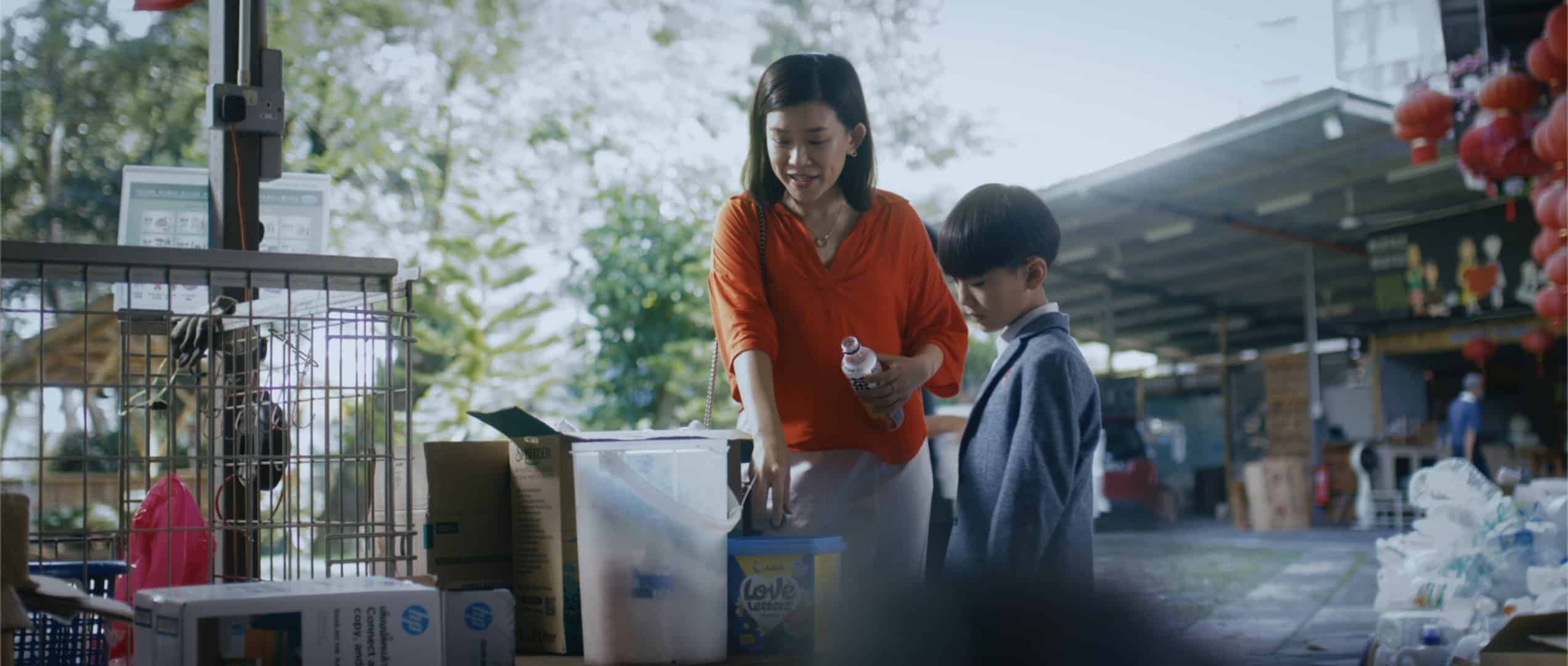
The concept of parents using their kids to fulfill their own dreams is one we have seen many times on cinema, with the accusation towards the latter, and the consequences of such a style of parenting being quite palpable. Dan Chong implements the same theme, by having it placed in its extremes, showing a mother who is essentially obsessed with a dream that the chances her son has to achieve seem particularly far-fetched, considering the family's financial situation.
15. Maybe Someday (2023) by Praditha Blifa Rahayu
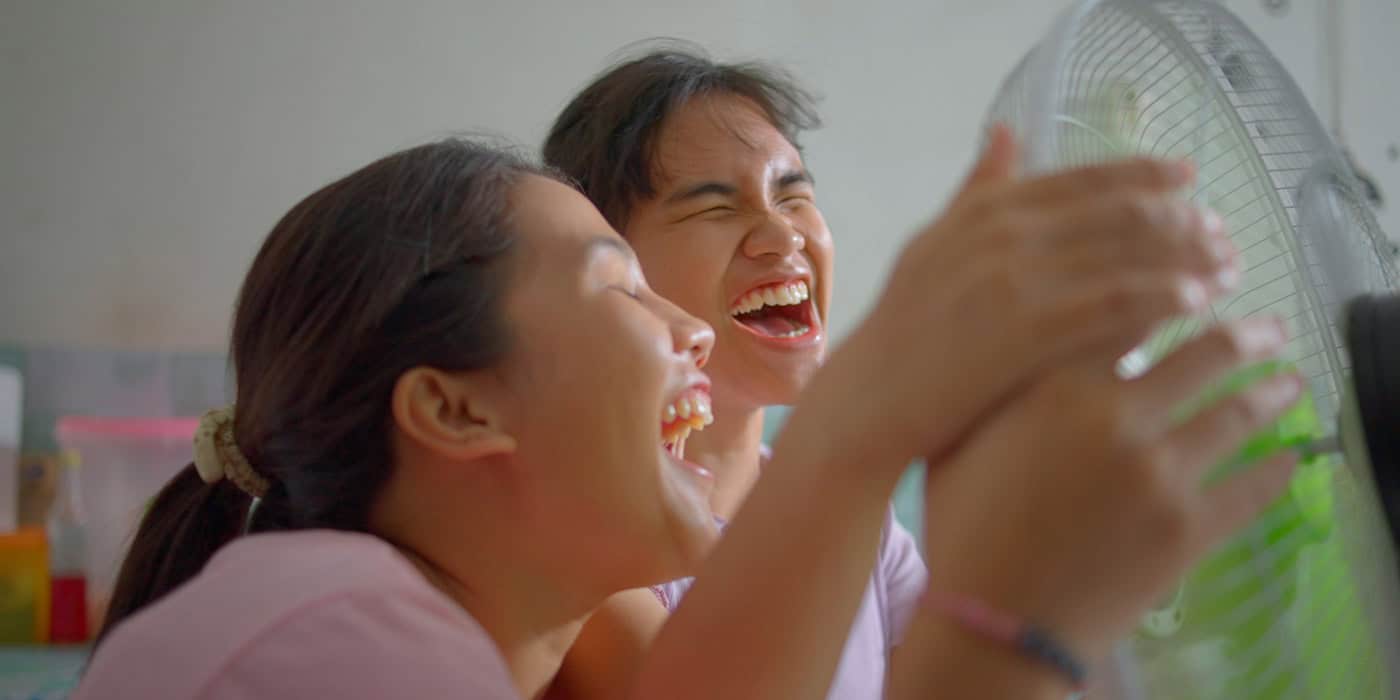
Praditha Blifa Rahayu directs a film that is characterized by utter realism regarding the circumstances of the blind in Indonesia, with the way the two girls interact also adding a coming-of-age element that enriches the context. In that fashion, the presentation of the institution the two girls leave follows a documentary-like path, with the same applying to the fact that the two protagonists, Juliana Ira Astuti as Sri and Skolastika Nadya Valentine as Yanti are actually blind.
16. Knitting My Heart (2023) by Oh Ji-hyeon
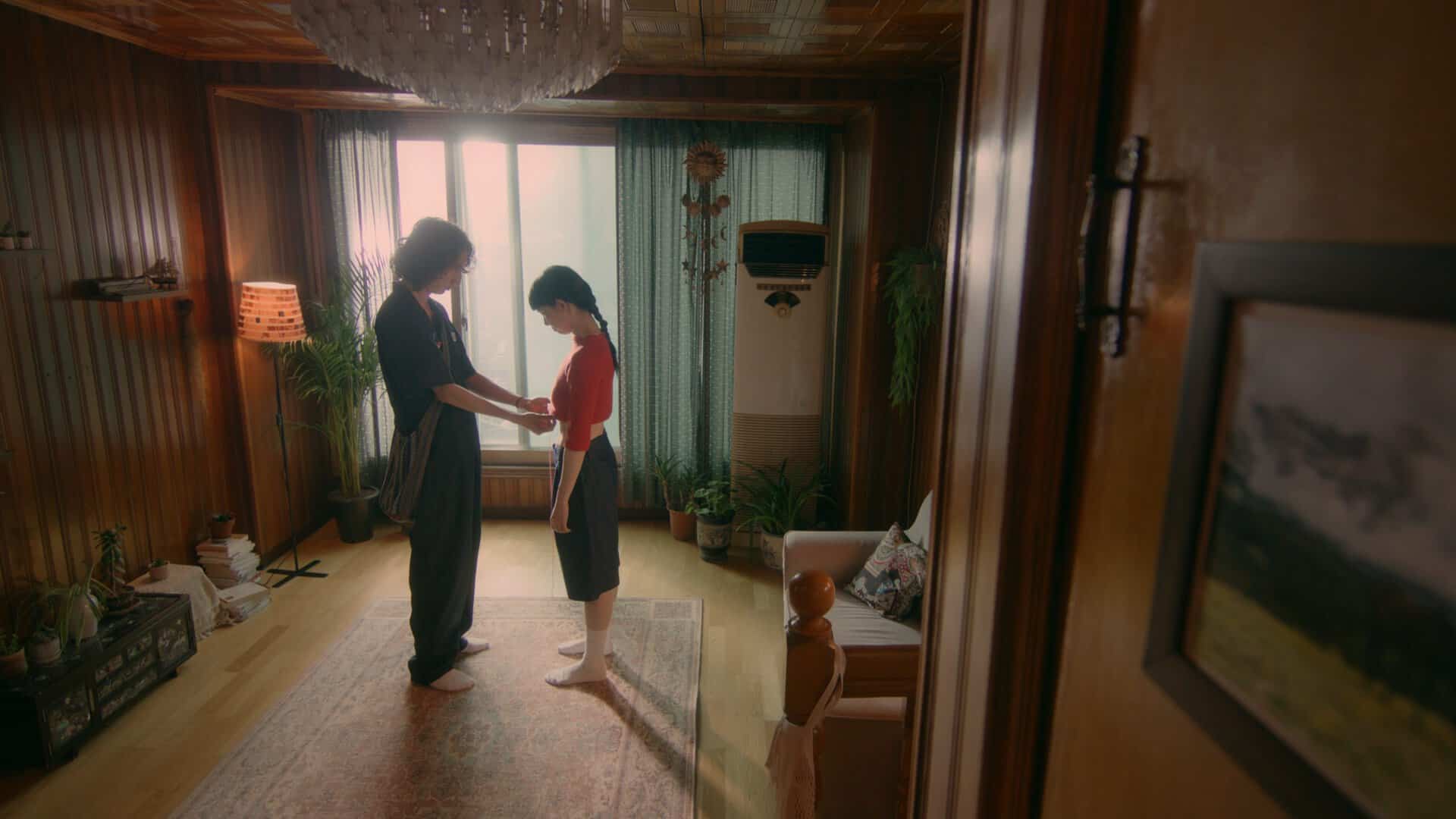
The way Oh implements deadpan humor is hilarious, with the face of Anu Heeyeun Shin being one of the main mediums, in a truly exceptional performance. At the same time, the transition from a somewhat bitter comedy to a romance is excellent, with the flashback working nicely in that regard. If the first part makes one laugh, the second one will definitely put a smile on the face of every viewer, with the way Ji-gwang finally understands Eok-du being as smart as it is amusing.
17. Blue and White (2022) by Hiroyuki Nishiyama
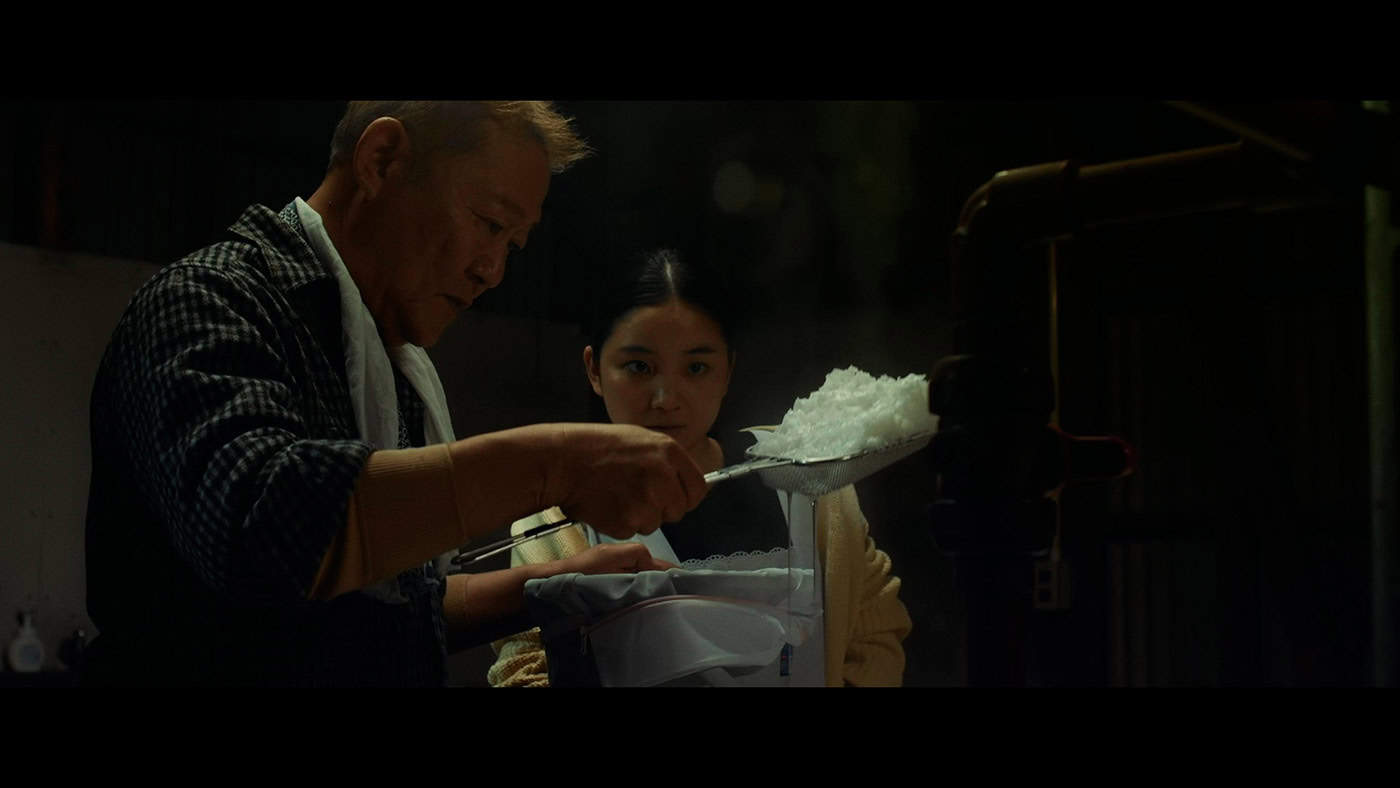
Writer and director Nishiyama explores these questions by depicting the social and personal aspects of grieving where one is invisible to the other. Funeral rites stand for the social face of grieving that Nishimaya presents through particular social conventions: from the temple where each ritual stands for something spiritual to a gathering after where people share meals while remembering the deceased. People wear black on these occasions. Ryusuke, however, is not there to see all these. Similarly, the funeral attendees do not see him witness the ritual, making them think that he may not be taking the whole thing seriously. (Epoy Deyto)
18. Deep Bones (2023) by Tomoichiro Setsuda
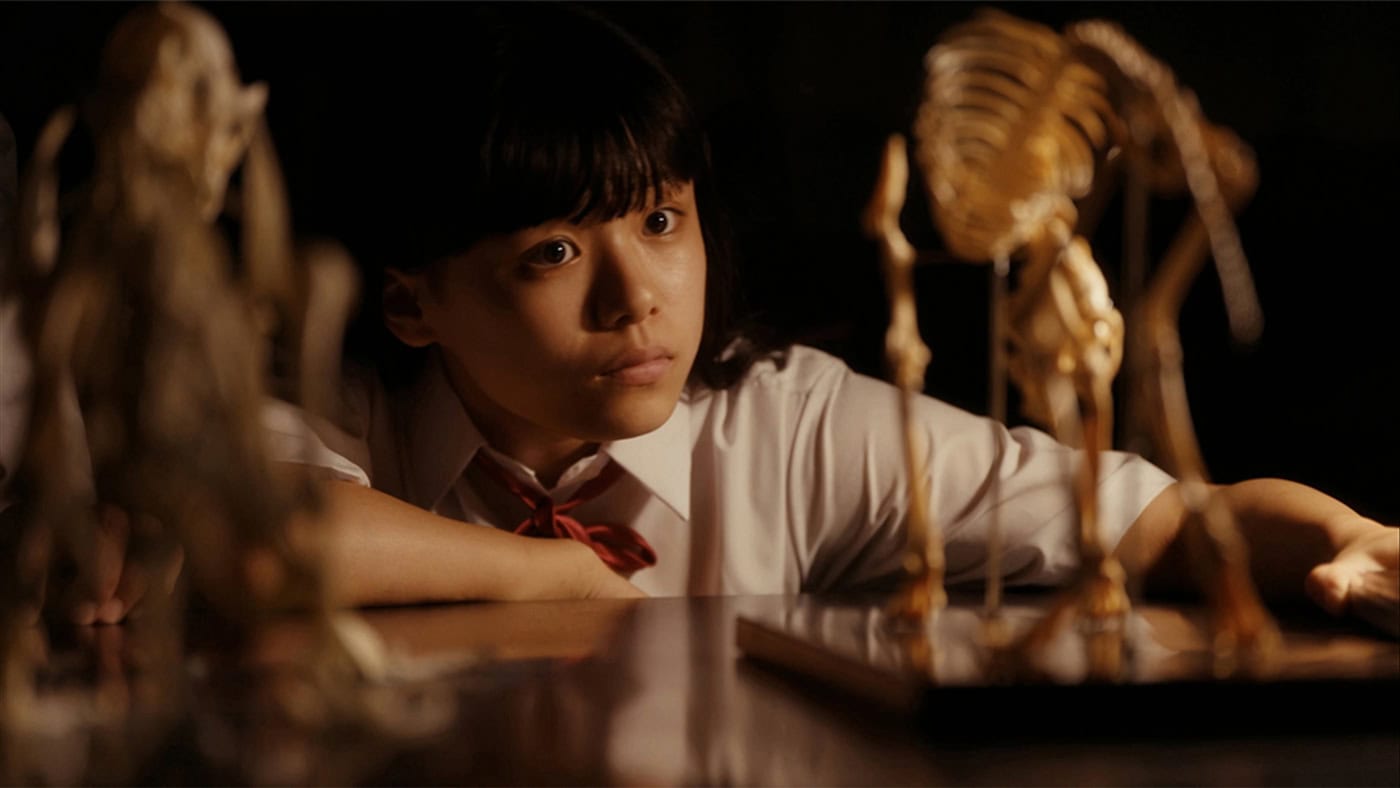
Although the film begins in the usual style of Japanese indies about unusual people, “Deep Bones” stands out for a number of reasons. For starters, that the weirdos find each other not in a romantic way, but in a way that lets them understand each other more and connect is definitely intriguing. The same applies to the dialogues, which are amusingly absurd, but also echo quite realistically, while the parallels between animals, carcasses and people is additionally informative and a great sample of creative thinking.
19. cafune (2023) by Sara Masuda

While sad, “cafune” is also hopeful. As Sora comes to terms with loss, she aims to preserve those happy memories while moving forward towards her future. All these themes are universal, which adds effectiveness to them. (Sean Barry)
20. Yours (2024) by Sota Fukushi
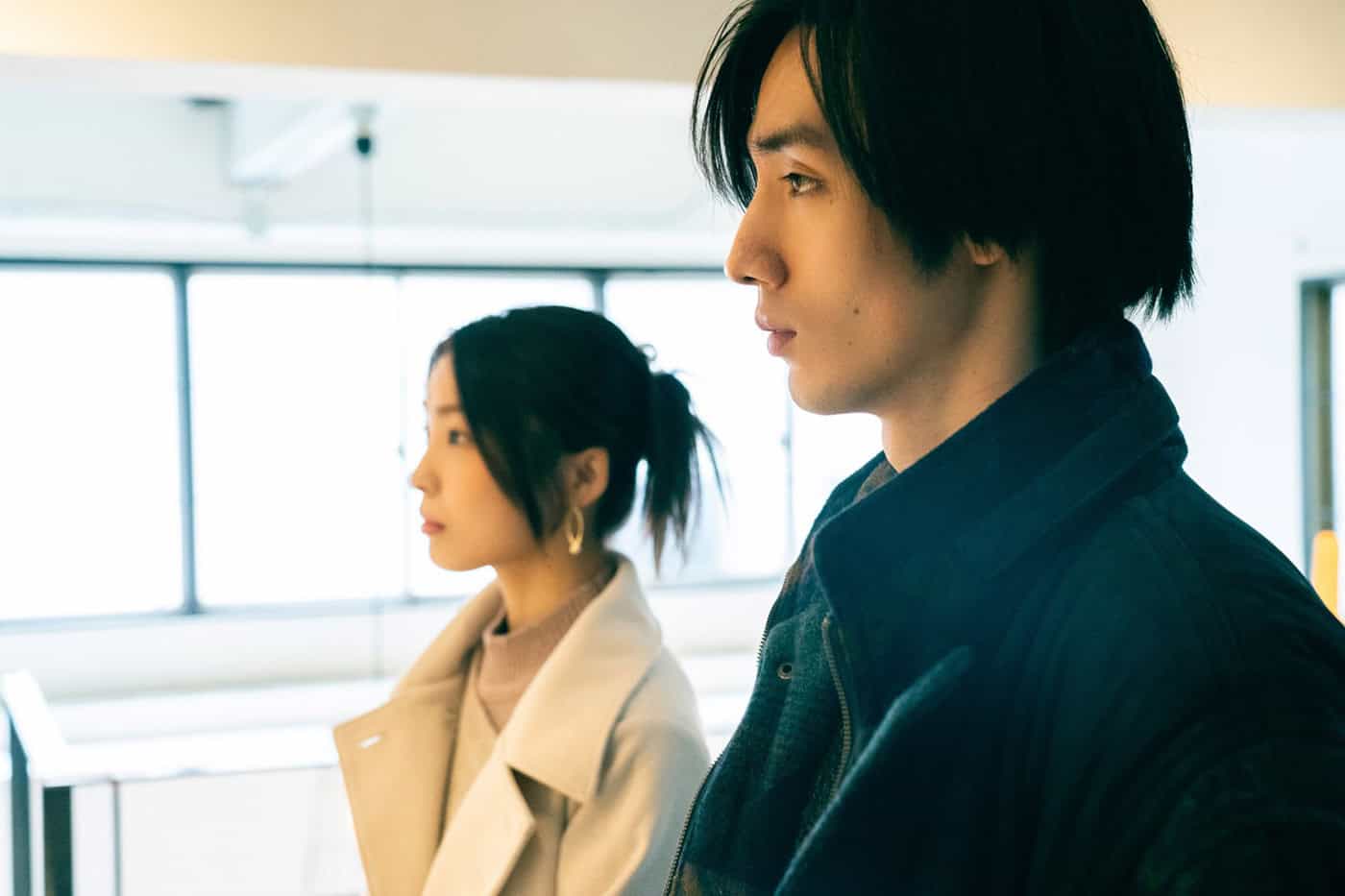
Although it starts in intense cinematic motion, with the change of settings being non-stop, Sota Fukushi soon moves into a dialogue-heavy, stage-play like narrative. The change of scenery continues, with the night shots on the street in particular being quite appealing to the eye, and the back and forth in time adding even more cinematic value to “Yours”. However, the dialogues between the two protagonists are definitely where the focus of the movie lies. In that regard, the antithetical chemistry of the two works quite well, with her being cheerful and emotive and him more closed up, with her actually being the one changing him.



